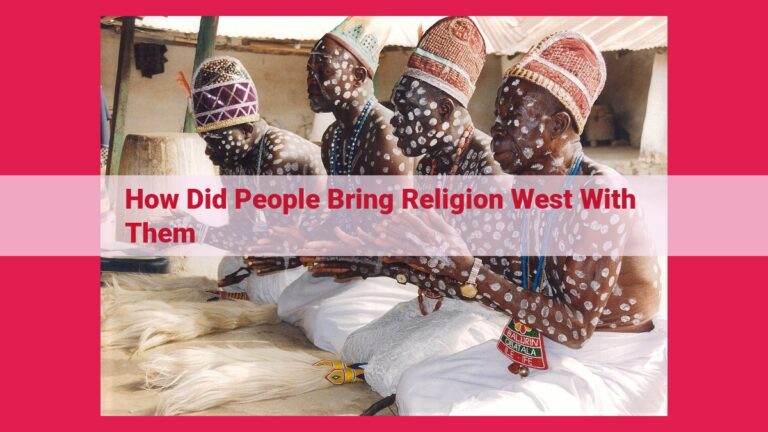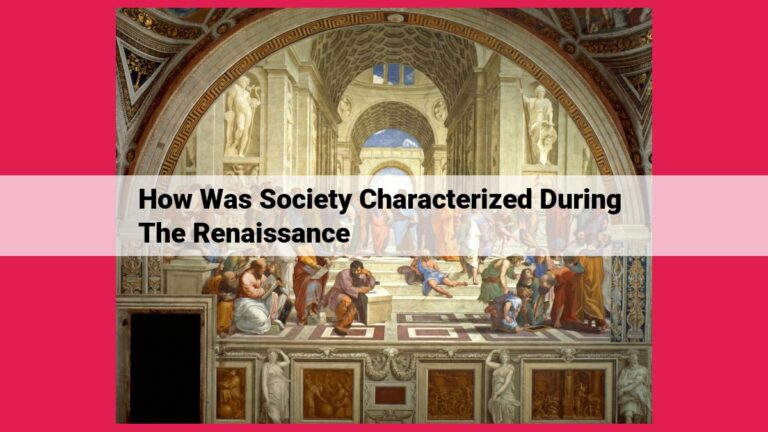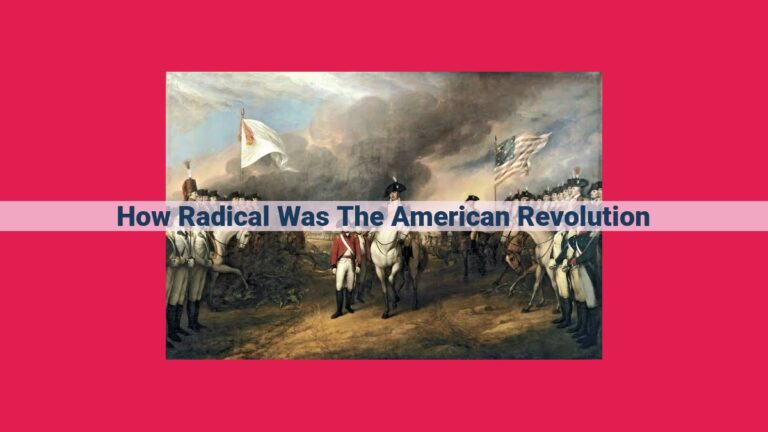Thomas More’s “Utopia”: A Humanistic Blueprint For A Just Society

Thomas More’s “Utopia” spread humanistic ideas by portraying principles of reason, individuality, and social harmony. It emphasized the importance of humanism, advocating for tolerance, self-determination, and a society based on compassion. More’s work became a catalyst for social reform, inspiring movements dedicated to equality. His humanistic legacy endures, shaping our understanding of social progress and inspiring generations with its vision of a truly humane world.
Utopia: A Vision of a Humanist Society
In the masterpiece of Sir Thomas More, “Utopia,” lies a captivating vision of a society founded upon the humanist ideals of reason, individuality, and compassion. This literary masterpiece has left an indelible mark on our understanding of humanism and its transformative potential.
Humanism in Utopia
More’s “Utopia” depicts a society that is governed by rationality and logic. The Utopians believe in the inherent goodness of humanity and the power of human reason to create a just and equitable world. They reject superstition and embrace scientific inquiry, seeking knowledge and understanding through observation and experimentation.
Individuality and Self-Determination
Humanism in “Utopia” places a high value on individuality and self-determination. Each citizen is encouraged to pursue their passions and talents, contributing to the overall prosperity of the community. More emphasizes the importance of personal freedom and the right to make decisions that shape one’s own life.
Religious Tolerance and Social Harmony
Religious tolerance is a cornerstone of Utopia’s society. The Utopians recognize the diversity of religious beliefs and advocate for peaceful coexistence. They believe that religious differences should not be a source of conflict but rather a celebration of humanity’s richness. This open-mindedness fosters social harmony and creates a sense of unity within the community.
Humanism and the Importance of the Individual in More’s Utopia
In Thomas More’s imaginative realm of Utopia, humanism takes center stage. More’s vision of a society celebrates the sanctity of the individual and places immense value on personal liberty and rational thought.
Individuality flourishes within Utopia’s social structure. Citizens are not confined by rigid societal norms and are encouraged to explore their unique talents and passions. They recognize the diversity of human experience and respect one another’s differences. This diversity enriches the community as a whole, fostering a tapestry of ideas and perspectives.
More’s emphasis on self-determination is equally striking. Utopians possess the freedom to chart their own paths in life. They choose their occupations based on their interests and abilities, creating a society where work is both fulfilling and productive. This autonomy empowers individuals to live meaningful and purpose-driven lives.
Moreover, More extols the power of human reason. In Utopia, rationality guides decision-making and policy. Citizens engage in logical discourse, seeking solutions based on evidence and sound judgment. This reliance on reason fosters a culture of intellectual inquiry and continuous improvement.
By elevating the individual, More challenges the prevailing societal norms of his time. He argues that true progress stems from human agency and the ability of every person to contribute to the well-being of the community. More’s vision of humanist individualism continues to resonate today, inspiring us to value the inherent dignity and potential of every individual.
Religious Tolerance and Social Harmony in More’s “Utopia”
In his seminal work, Utopia, Sir Thomas More envisioned a society where religious tolerance reigned supreme. Humanism, with its emphasis on reason and compassion, played a pivotal role in fostering this harmonious environment.
More depicted Utopia as a place where citizens were free to practice their own faith without fear of persecution. The Utopians believed that religious diversity was a source of strength, rather than a threat to social cohesion. They recognized that individuals held different beliefs, but this did not diminish their common humanity.
The humanists of Utopia rejected the religious intolerance that plagued their own time. They advocated for a society founded on mutual respect and understanding. They believed that dialogue and reason could bridge the gaps between different faiths.
More’s portrayal of religious tolerance in Utopia was deeply influenced by his own experiences. He had witnessed firsthand the persecution of those who held different beliefs. This motivated him to imagine a society where freedom of thought and conscience were paramount.
The legacy of More’s humanism continues to resonate today. His vision of a tolerant and harmonious society remains a powerful reminder that religious diversity can be a catalyst for social progress, not a source of division.
Humanism as a Catalyst for Social Reform: More’s ‘Utopia’ Inspiring Movements for Equality
Thomas More’s seminal work, “Utopia,” was not merely a literary masterpiece but also a catalyst for profound social reform. Its humanistic principles reverberated through the centuries, igniting movements dedicated to fostering equality and justice.
More’s emphasis on the individual kindled a belief in the inherent dignity and worth of every human being. This idea challenged the prevailing feudal system, where individuals were often treated as mere cogs in a larger machine. Humanism empowered individuals to assert their rights and work towards a society where all voices were valued.
The book’s promotion of religious tolerance also had a transformative impact. More advocated for a society where people could peacefully coexist regardless of their beliefs. This was a radical concept in an era marked by religious persecution. Inspired by More’s vision, reformers fought to secure freedom of conscience and protect religious minorities.
More’s call for social harmony resonated with those who witnessed the rampant inequality and oppression of the time. His critique of private property and the pursuit of wealth inspired movements for economic justice. Social reformers recognized the importance of creating a society that met the needs of all its citizens, not just the privileged few.
The legacy of More’s humanism continues to inspire activists and social reformers today. His ideas laid the groundwork for the development of human rights protections, democratic governance, and social welfare programs. “Utopia” remains a testament to the enduring power of humanism to ignite change and inspire a vision of a more just and equitable world.





